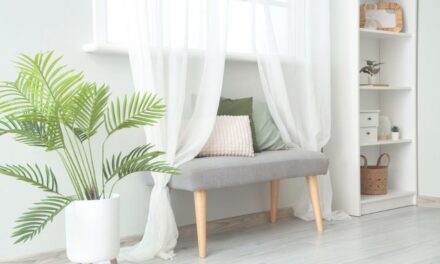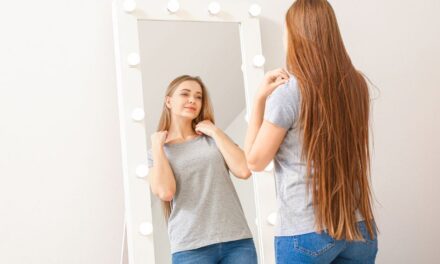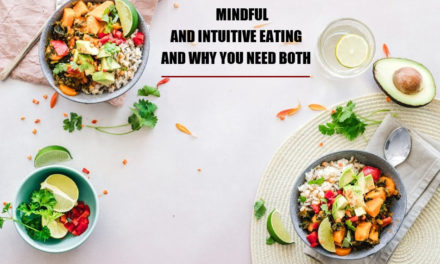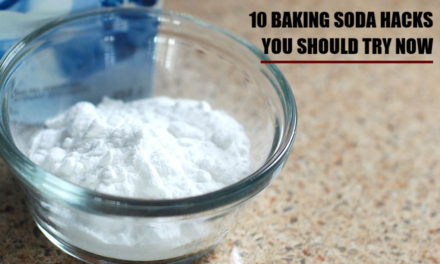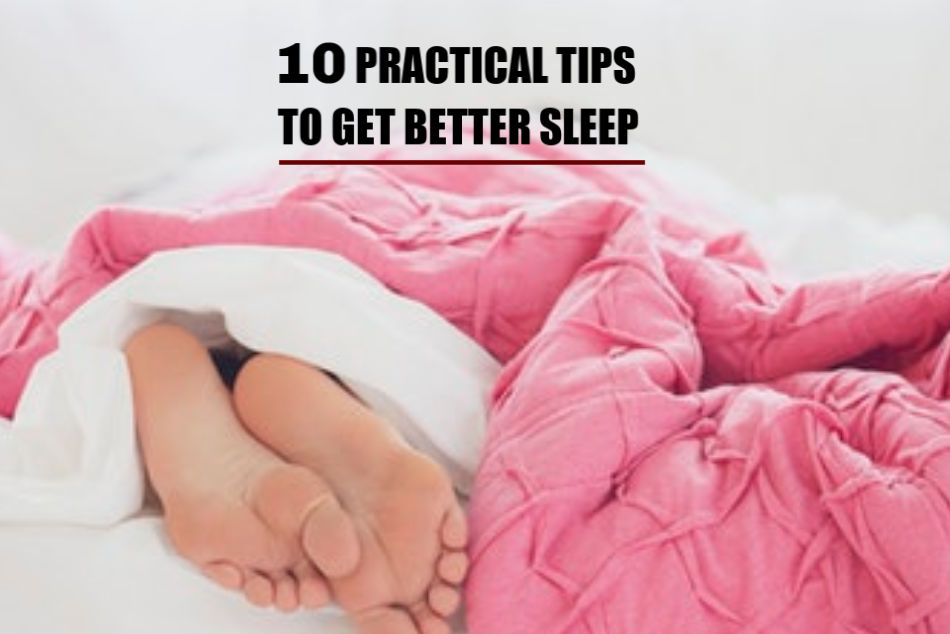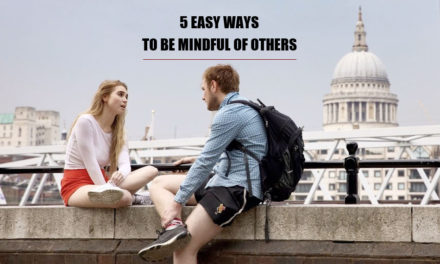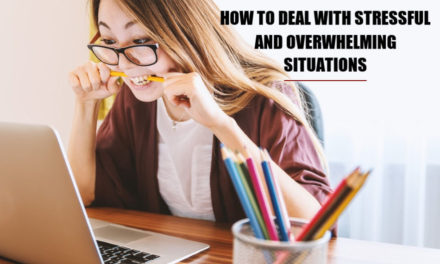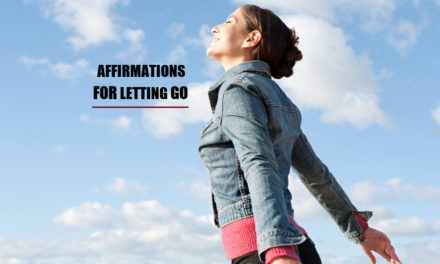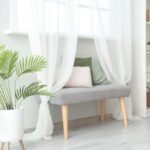No sleep last night? And many other nights before that? I know that feeling all too well so you are not alone.
If the nights are leaving you stranded with little to no sleep, you know how awful you feel in the morning. It’s no secret that one of the ways to optimum health is getting a good night’s rest.
A study that included researchers from the University of Uppsala shows that there is a reason for this awful feeling after a sleep-deprived night. Just one sleepless night causes a number of changes in your body.
Fifteen healthy young men participated in the study, with researchers comparing their bodies after a normal night’s sleep (eight hours) and after a completely sleepless night. This study took place in a sleep lab.
The morning after both a completely sleepless night and a full night of sleep, the researchers took subcutaneous fat and musculoskeletal tissue samples from all participants. They also took blood tests to measure markers related to the body’s metabolism.
The study showed that one night with no sleep showed clear negative results. The tests showed muscle breakdown, fat storage and increased levels of cortisol- a stress hormone.
Previous research has also conclusively shown that people who get too little sleep and work erratic schedules are at an increased risk of obesity and type 2 diabetes, increased risk of heart attack and stroke.
In light of this study, there is no doubt that poor sleep really does affect your body short term as well as long term.
So, if you are yearning for a good night’s sleep, here are some tips that are proven to help you get a better night’s rest.
Create a Sleep-Friendly Bedroom Environment
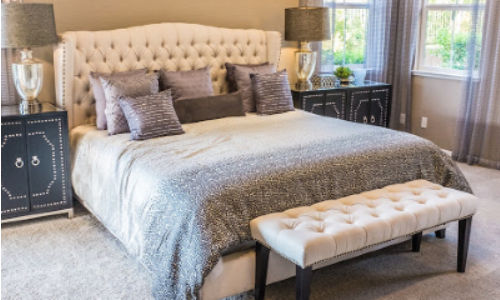
This is one of the most personal spaces in your home. It’s where you start your day and also where you unwind in the evenings.
With the bedroom playing such an important role it is of utmost importance that your bedroom is clean, clutter-free, calm and a relaxing retreat in order to get a good night’s sleep.
It will also be beneficial if your blinds or curtains are properly closed when necessary. Whatever makes you feel calm and relaxed and allows for a sleep-inducing haven should be welcome additions to your bedroom.
Bedroom Temperature

The temperature of your bedroom can affect the quality of your sleep.
During the summer months or in tropical locations, when it too warm, it can be very difficult to get a good night’s sleep unless you enlist the help of a fan or air conditioner.
These emit white noise and help you fall asleep faster. Between 70°F (20°C) and 75°F (23°C) is the optimal temperature but it may vary from person to person.
Limit Exposure to Blue light at Nighttime

During the day time exposure to blue light is not a problem but at nighttime, it can become a nightmare. It suppresses certain hormones, keeping you alert so it can have adverse effects on getting a good night’s sleep. It tricks the brain into thinking that it is still daytime.
This causes a reduction in hormones such as melatonin that helps you to relax and have deep sleep.
Studies have shown that one of the most effective natural sleep remedies is removing or turning off electronics that give off a glow such as your digital clock, cell phones, and laptops. The glow and message notifications can disrupt your sleep cycle.
Reduce Caffeine Intake

What is your morning like? Do you roll out of bed like a zombie and then guzzle up your first cup of coffee? The very smell of coffee just wakes up the senses and we all love….. I mean most of us love a good cup of coffee…..or two.
You have probably heard it before ‘Don’t drink caffeine too late in the day’. If you are powered by coffee most days, this is actually a good tip as caffeine has stimulant effects and will disrupt your sleep.
Limiting caffeine does not mean removing it entirely from your daily routine.
These days there are tons of popular energy drinks, snacks, and beverages that are loaded with caffeine.
So it’s not surprising that you end up consuming caffeine throughout the day, even though you’ve had your last cup of coffee since this morning.
The consequences of too much caffeine goes far beyond your sleep problems but have other negative health effects.
Researchers at Michigan’s Henry Ford Hospital Sleep Disorders & Research Center and Wayne State College of Medicine analyzed the sleep-disruptive effects of caffeine consumption at different lengths of time before bedtime.
They have concluded that if you want to enjoy your caffeine without wrecking your sleep is to stick to 2:00 pm as your cut off time.
Sleep Eyewear

If you are addicted to your digital devices and have difficulty separating yourself from your digital devices at night, just know that you will suffer the consequences. Seriously, that’s not a good thing, your health is at stake.
You can unplug at least an hour before bedtime and wear your eye mask or invest in a pair of glasses to help you get better sleep.
According to a study from the University of Houston College of Optometry, people who wore this special eyewear at nights for three hours before bedtime for two weeks had about a 58 percent increase in their nighttime melatonin.
Study author Lisa Ostrin, OD, Ph.D. has indicated that this study translated to participants being able to fall asleep faster, sleep better and increase sleep duration by 24 minutes per night.
Adopt a Bedtime Routine

I know you probably want to watch the latest episode of your favorite series or the latest box office hit and I am not saying you shouldn’t indulge every now and again.
But trust me when I tell you that having a bedtime routine is a big deal and is the foundation for better sleep.
If you go to bed at the same time every night and get up the same time every morning is one of the best things you can do to improve your sleep is the word from sleep experts.
Here’s the thing, while it is not a problem to sleep an extra hour during the day time if the conditions are favorable for you, more than two hours can disrupt your overall sleep patterns- circadian rhythms in humans.
This is also called your body’s natural 24-hour cycle which is basically the times of day and night when you naturally feel most alert and drowsy. This needs to be kept consistent.
Try Melatonin Supplement

Melatonin, produced in the brain is an essential hormone that is a natural sleep aid that regulates the body’s internal clock. It tells our body when it’s time to relax when to sleep at night and to be alert during the day.
Melatonin supplement is a popular sleep aid. It is often used to treat insomnia. The use of melatonin supplements may be one of the easiest ways to fall asleep.
If you decide to try Melatonin supplements speak to your healthcare provider as to whether melatonin supplement is right for your sleepless nights.
Other Natural Sleep Aids to Consider

There are natural herbs which trigger calm and relaxation and helps you to sleep which includes:
Valerian Root: Studies have suggested that valerian root can help you fall asleep and improve your quality of sleep.
The suggested dosage is 500mg ( if taking the tablet form) before bed or ½ tsp of the herb in an eight-ounce cup of hot water. Steep and strain after 5 mins and drink an hour before bedtime.
Ginkgo Biloba: This is a natural herb with many benefits. It may aid in sleep, relaxation and stress reduction.
Lavender: This is also a very powerful herb. Lavender has a calming effect and can, therefore, help to induce sleep.
Magnesium: can spark relaxation and boost sleep quality.
Even though there is no cure-all to take care of sleep issues, these natural aids can be very helpful in waging war against insomnia. Use them in tandem with other ways (listed above) to help you in your line of attack.
If you are experiencing health issues be sure to consult your doctor if you decide to give these supplements a try. Ensure that you only try one at a time so you know what is actually working for you.
Exercise

There is scientific evidence that exercise helps to improve sleep. Exercise can be a natural therapy for insomnia. If you make time to exercise it can contribute to more sound and restful sleep.
Physical activity increases time spent in deep sleep, the most physically restorative sleep phase.
Deep sleep helps boost immune function, support cardiac health and control stress, and anxiety levels. Stress is one of the common cause of sleep issues and other mood disorders.
Exercise is an effective remedy for anxiety…just 5 minutes of exercise can promote anti-anxiety responses in the body and other mood disorders.
Research also shows that mind-body exercises such as meditation, yoga, and stretching can help to lower cortisol levels. It can also help to reduce blood pressure as well as having positive effects on your mood.
An exercise routine of minutes a day, five days a week is a good way to start.
Invest in Good Bedding

In general, it is recommended that you change your mattress every 7-10 years and your pillow every 2 to 3 years.
This is important because fabrics can collect dust, sweat and dead skin cells like nobody’s business. If you suffer from allergies this dust and other allergens may cause your symptoms to get worse.
Besides, wear and tear on mattresses and pillows, over time, they tend to lose their shape and reduces their ability to support your body.
Small tweaks including making your bed, having clean sheets and a comfortable mattress and pillows should be a priority.
If you incorporate soothing colors in your bedding and your bedroom, in general, it will create a soothing relaxing, sleep-inducing environment.
Are you sick and tired of sleepless nights?. Poor sleep does affect your body so take your life back and try some of these tips.
What are some of the things that help with your insomnia?
Disclaimer : The information provided through this Website is for educational and informational purposes only and is not intended as a substitute for professional advice, diagnosis or treatment provided by your Medical Provider or Mental health Provider. I am not a doctor, nurse, psychiatrist, psychologist, counselor, therapist or licensed nutritionist. Always seek the advice of your Medical Provider or Mental Health Professional with any questions or concerns you may have about your health, medications, herbs or supplements you are currently using before implementing any recommendations or suggestions from our website.


